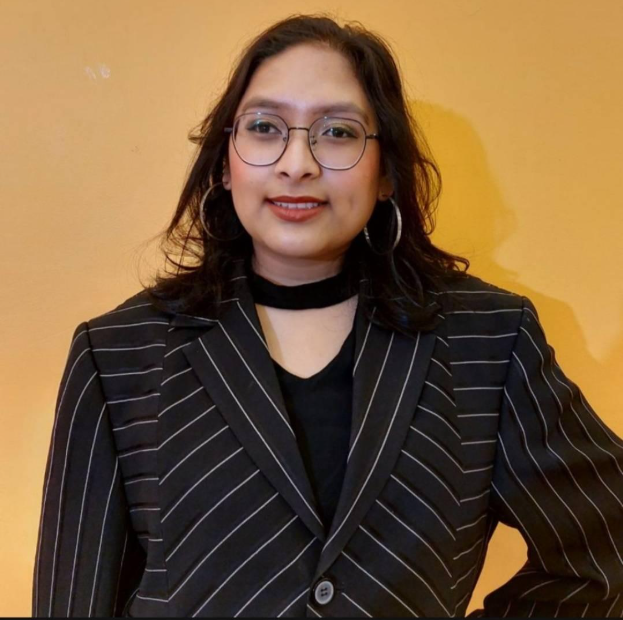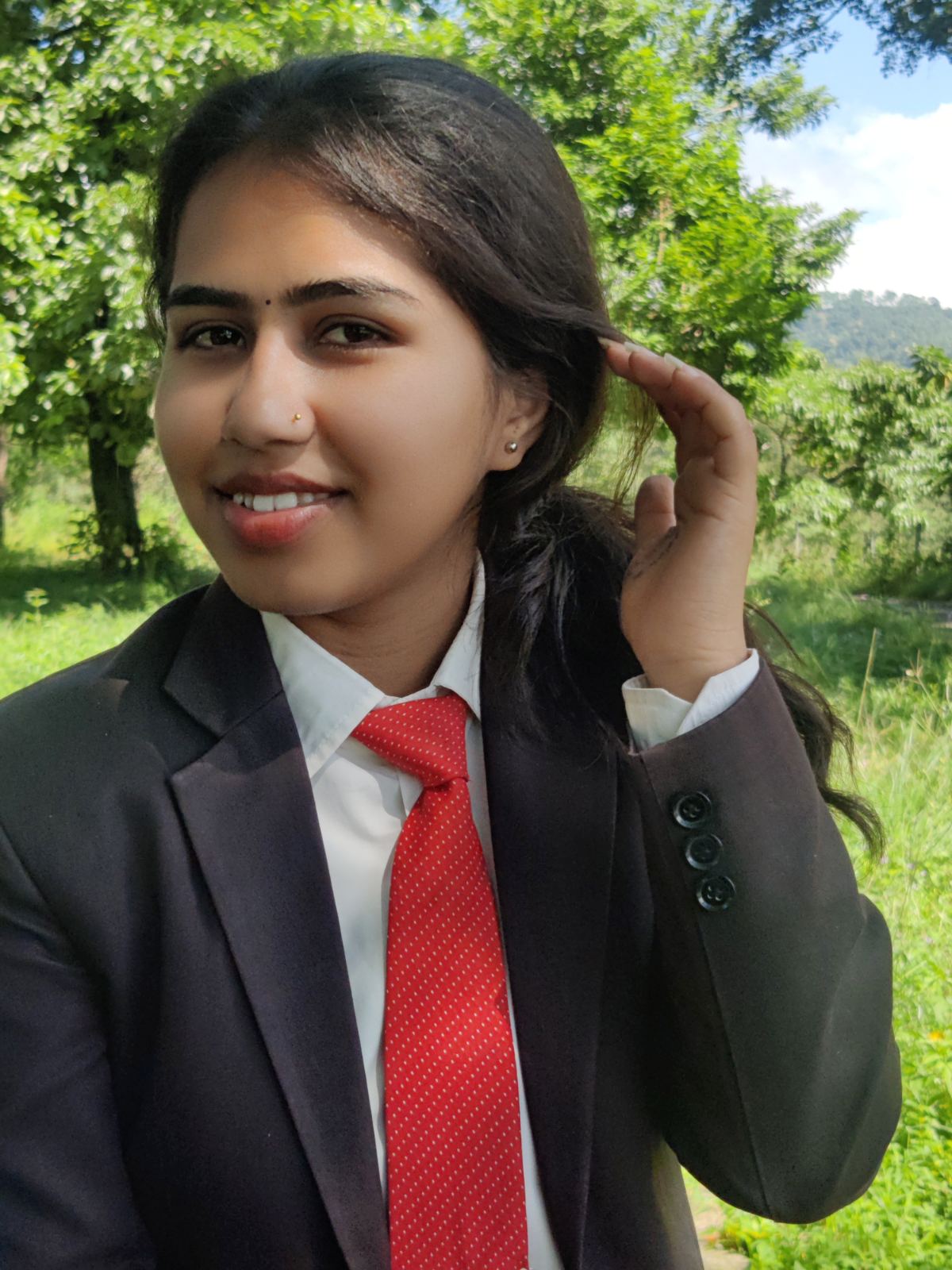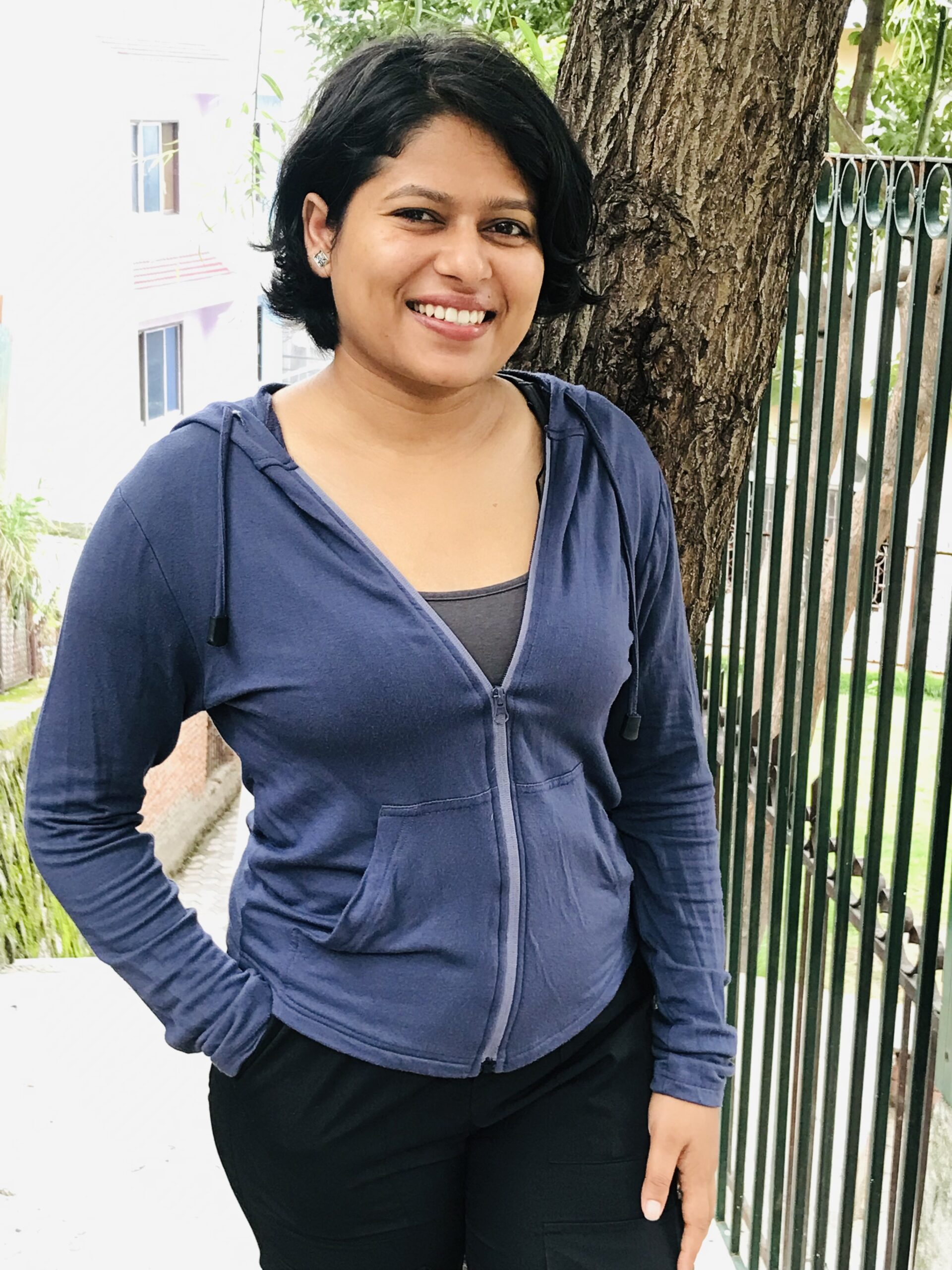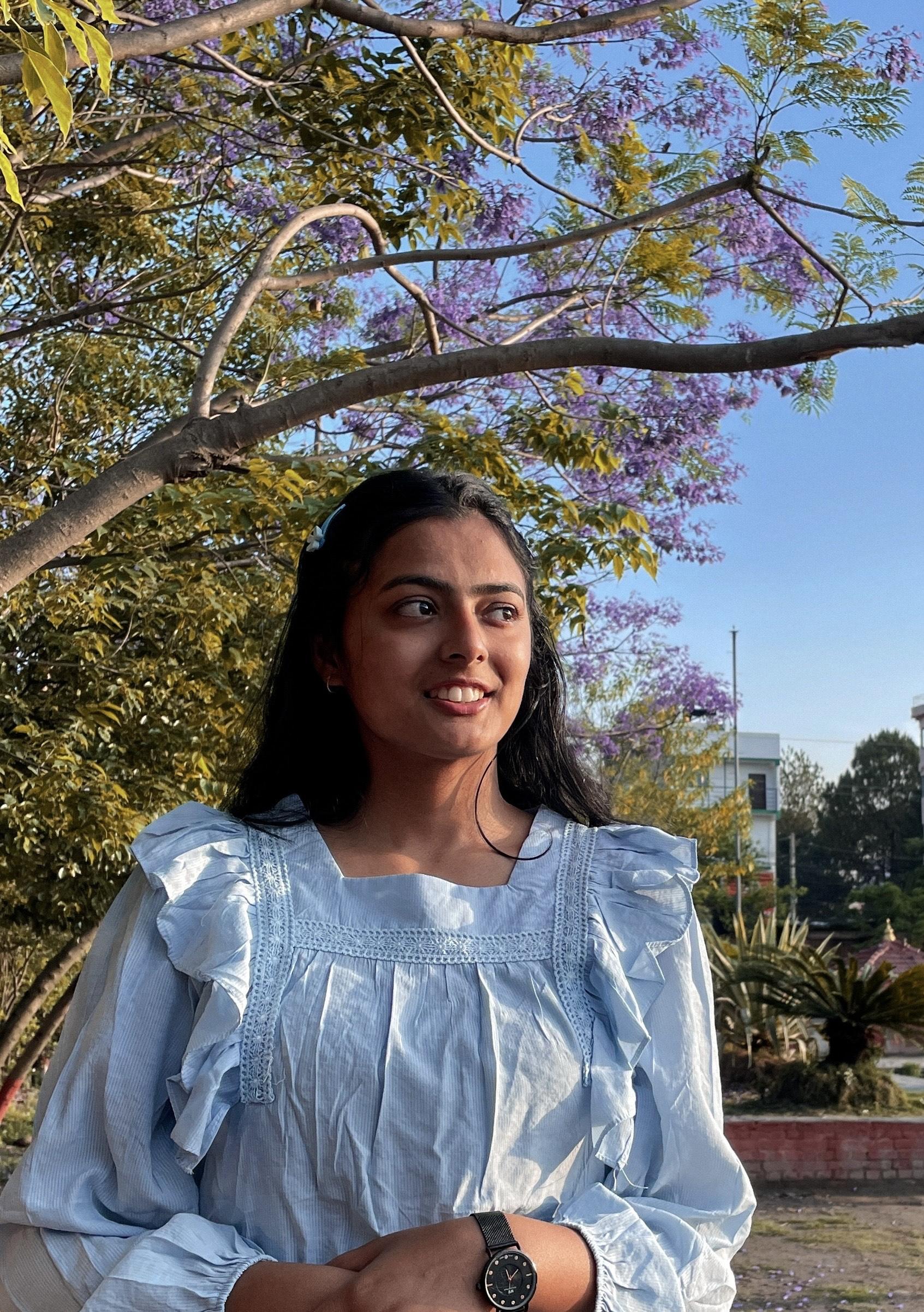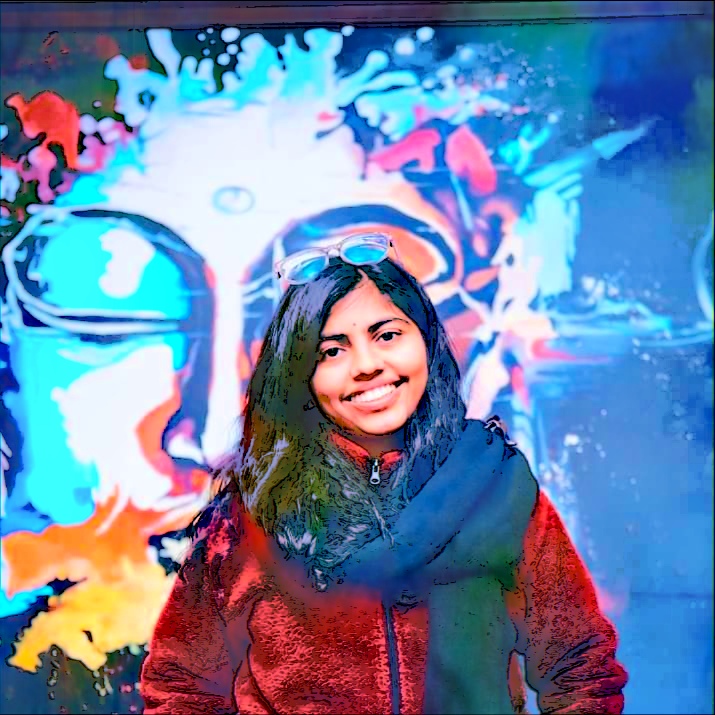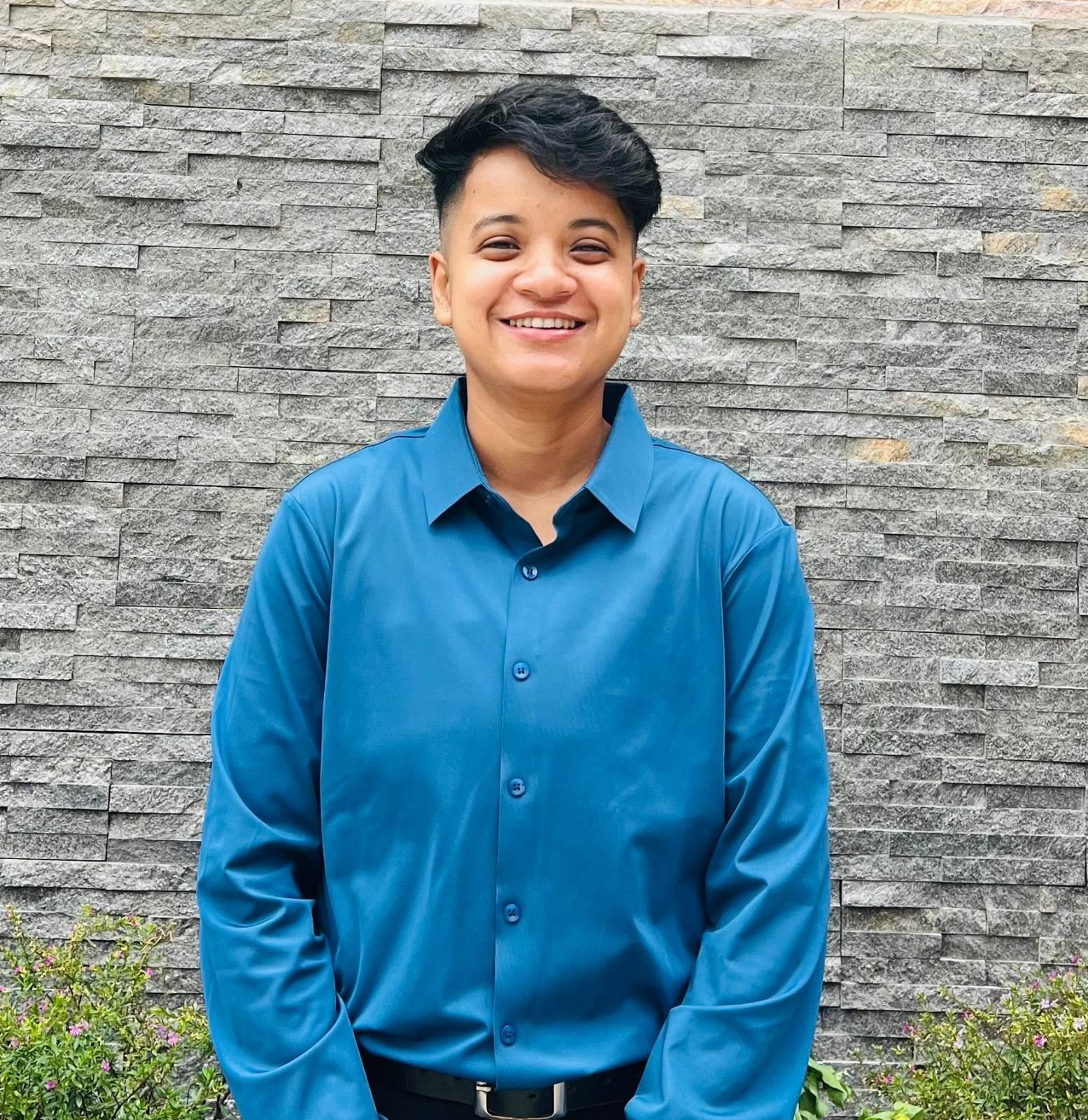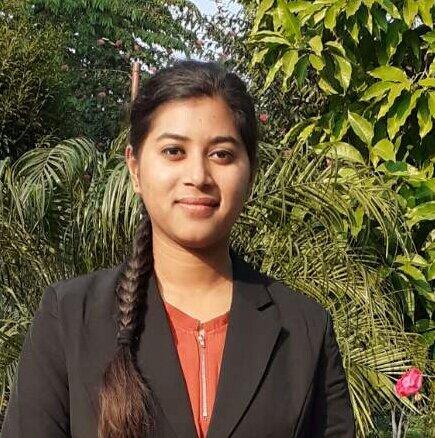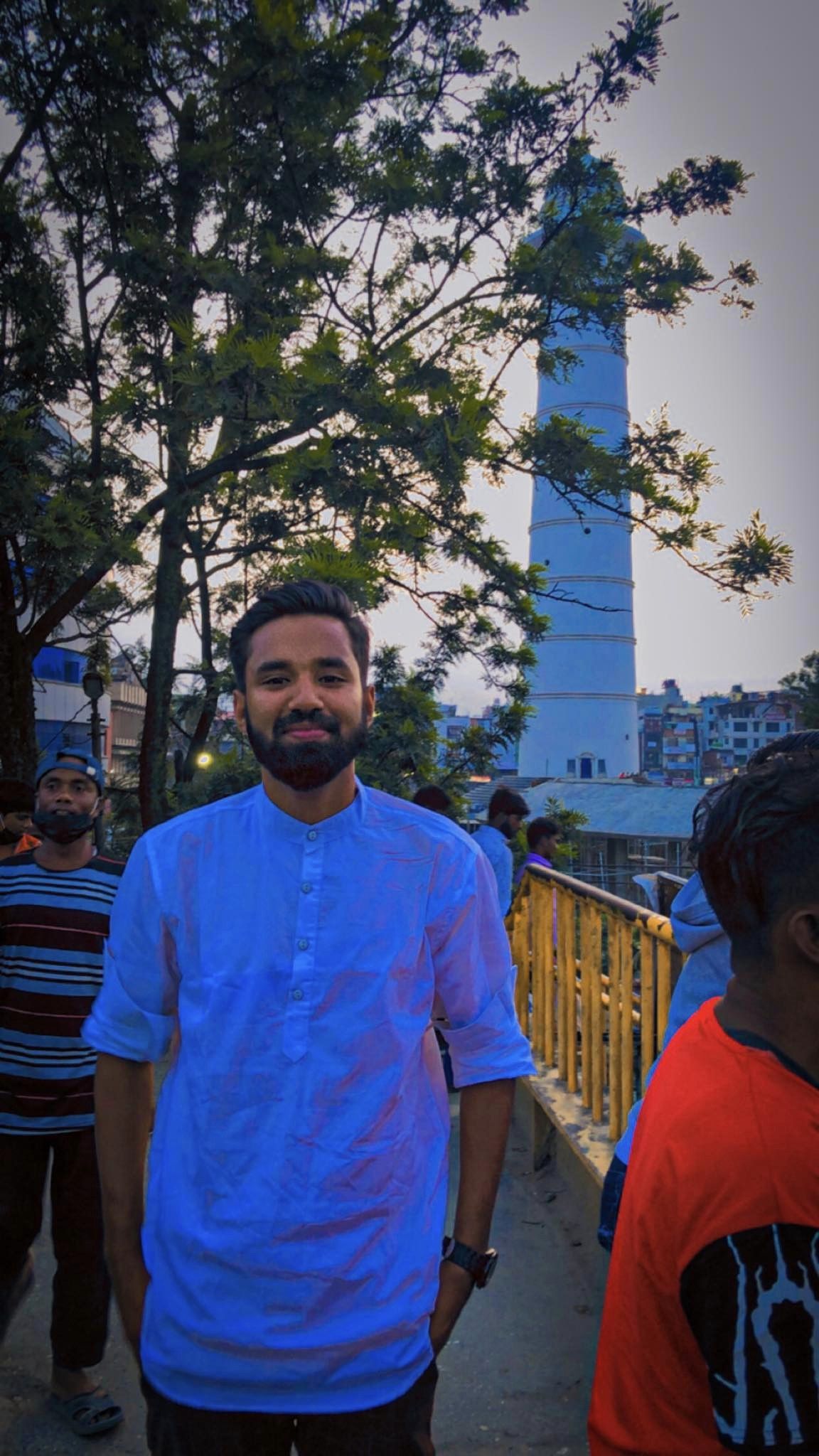About CPCL & Our Fellows
CPCL (Countering Protectionist and Criminalized Legal Framework in Nepal around online sexual expression of women & Queer Individual (CPCL)Program)
Existing legal frameworks surrounding online violence, privacy, and freedom of expression have proven to be regressive and often guided by protectionist ideas towards certain communities. Such laws are ambiguous and further criminalize sexual expression, leading to self-censorship and control over individuals’ bodily autonomy. This Countering Protectionist and Criminalized Legal Framework in Nepal around online sexual expression of women & Queer Individual (CPCL)Program seeks to highlight these concerns, advocate for policy change, and question the regressive process of law-making. It also aims to address gaps in identifying people’s needs and ensure public engagement and interventions with the state system around online violence and digitization.


